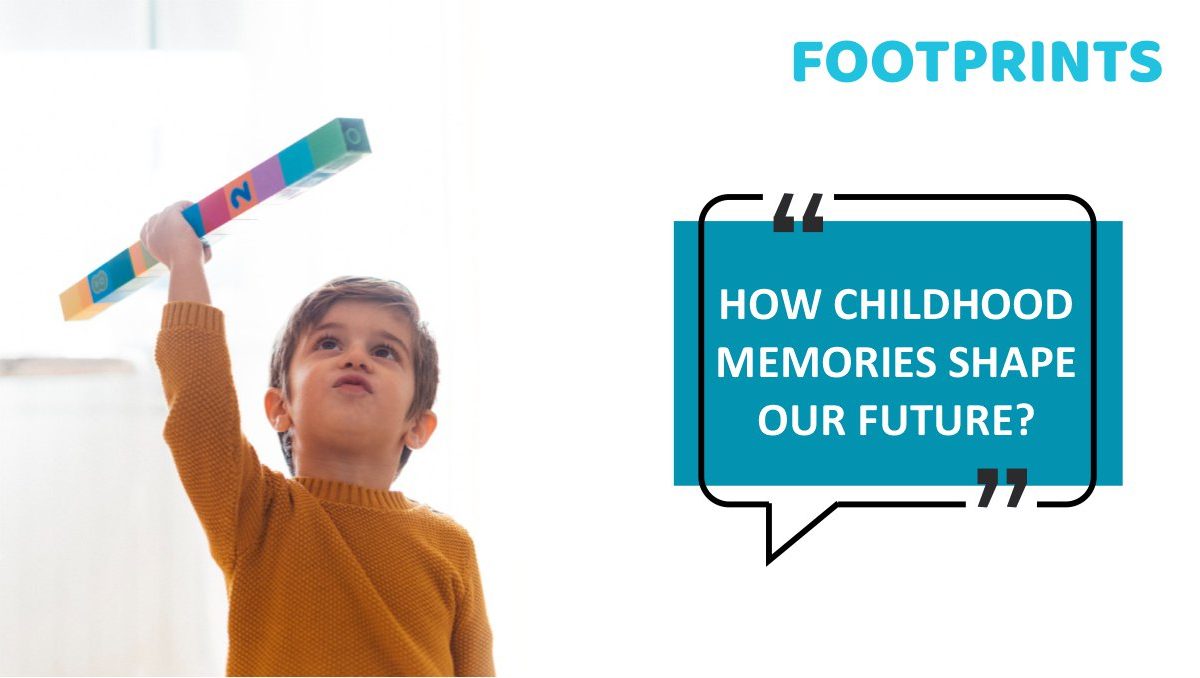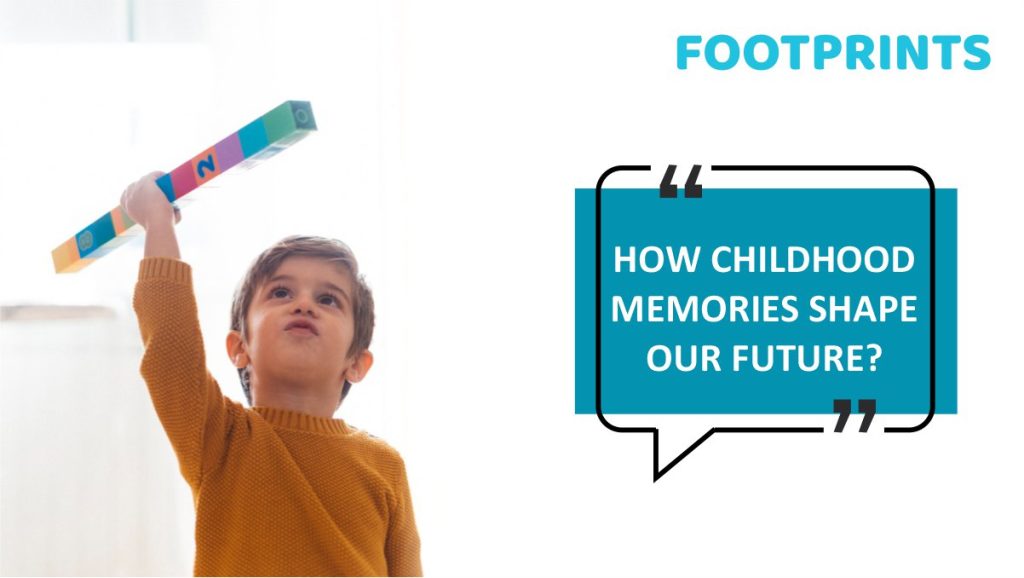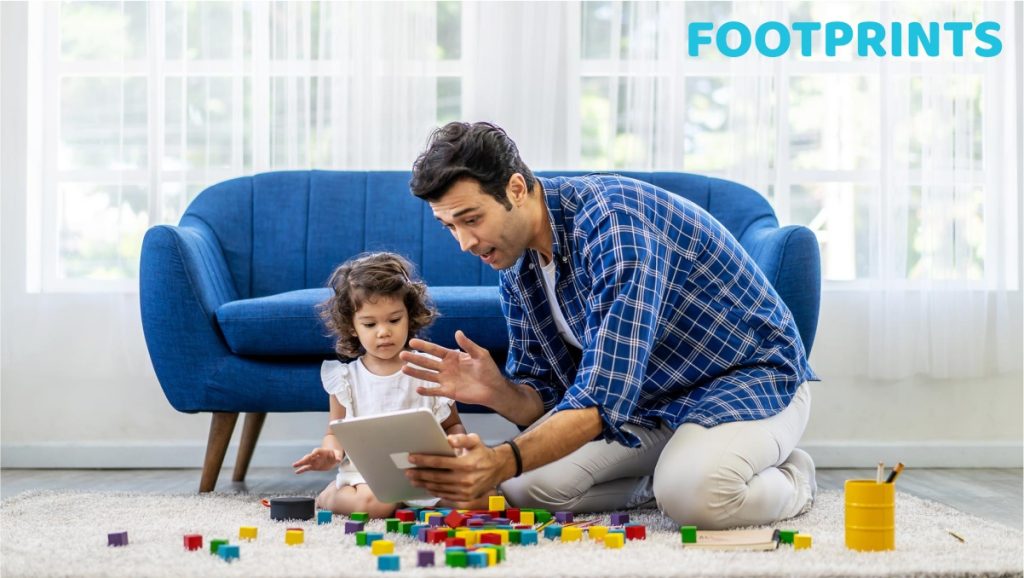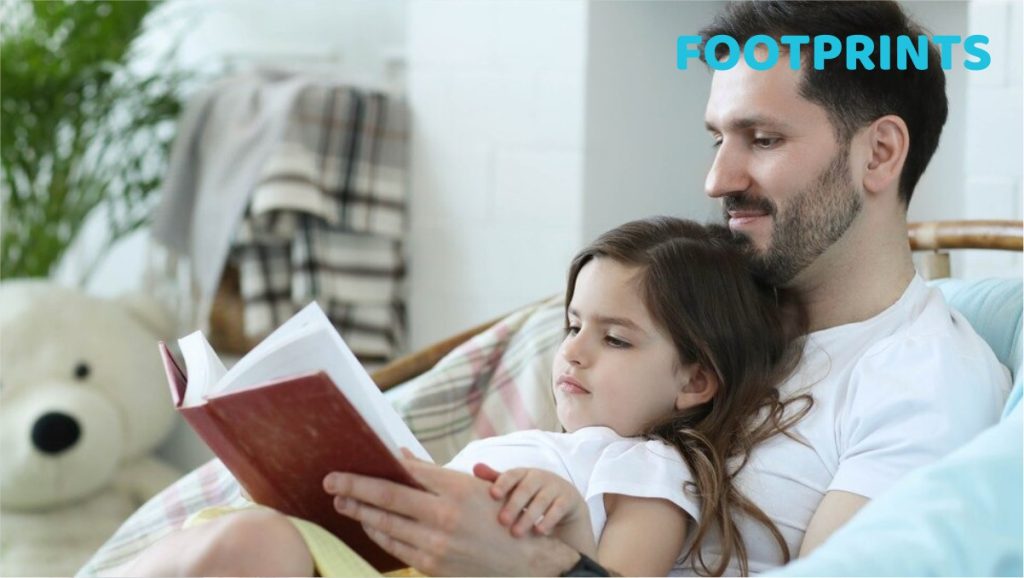

Memory is a complex set of cognitive processes that help us encode, store, and retrieve information as and when required. In essence, memory is the ability to recall past experiences, skills, and knowledge and use them when needed.
Memory, generally, can be categorized into two parts:
1. Explicit memory
These results from constant efforts to store a particular information for use later in time. It is further subdivided into two parts:
- Episodic memory – This is related to specific events and can be a crucial guide to actions in a particular situation.
- Semantic memory – This generally is about general knowledge or established facts.
2. Implicit memory
This memory generally refers to a collection of experiences as an unconscious effort. This includes:
- Procedural memory – a memory of how to perform specific tasks or skills.
- Priming – Exposure to one situation can influence the response to another problem.
Emotional memory – These are general memories associated with specific events that are more vivid and play a dominant part in one’s life experiences.
Some typical usage of memory include:
- Problem-solving – To answer questions in any exam, one must rely on memory.
- Navigation – To navigate through unfamiliar or familiar terrain.
- Language – Remembering words and phrases to express one’s thoughts.
- Reason/experience – to avoid bad experiences that have happened in the past.
As children, memories play a vital role in the way their future is shaped. Childhood memories play a vital role in creating a perception of others, us, and our environment. These perceptions are the foundation of our emotional responses, behaviors, values, and relationships in life. They have a powerful influence on our career choices and personality. (Childhood memories speech)
Some notable ways in which our childhood memories shape our future:
1. Formation of Core Beliefs and Values
The foremost application of childhood memory is the perception of oneself. A positive experience or constant encouragement can lead to a boost in self-belief and confidence and a higher self-esteem. On the other hand, difficult experiences/memories can lead to permanent self-doubt or a feeling of inadequacy. Trust issues and fear are complicated to cope with.
2. Coping Mechanisms and Shaping Emotional Responses
Childhood memories lay a foundation for how we respond to situations as adults. For example, the memories of how our guardians responded to our emotions in childhood days can be the datum of our responses in adulthood. Suppose parents/ caregivers are more receptive to their children’s feelings or encourage expression freely. In that case, the child is bound to be emotionally more resilient and can effectively manage stress. However, suppression of feelings can, on the other hand, lead to aggression or avoidance as adults.
3. Relationship Building and Attachments
Early experience with parents, siblings, and close kin is a strong basis for how we form our relationships as adults. Positive experiences and amicable surroundings will undoubtedly guide a child to be more trusting and accommodating in adult life, thus leading to strong bonds and long-lasting relationships. However, if a child undergoes negligence in care or experiences toxic relationships, then there might be a difficulty in emotional regulation, leading to trust issues or inconsistent relationships.

4. Perception Of Surroundings/ Worldview
The caregivers or parents instill cultural, social, and religious beliefs in children. These beliefs help a child to weigh their surroundings and act accordingly. These influences help shape a child’s perception of success, failure, justice, and moral values. Childhood days are, hence, a precursor of the personality being shaped for the future. Children raised in a culture where community and cooperation are valued will surely grow up with a strong sense of responsibility towards their society. However, children brought up in individualistic societies might grow up to be self-centered and prefer personal achievements to collective well-being.
5. Cognitive Development and Learning
An environment where learning is promoted and curiosity is encouraged will, for sure, make a child open to learning new things without the fear of failure and will lead to the pursuit of excellence. Best childhood memories are the ones that promote learning. Learning from past experiences and mistakes is an essential virtue of childhood that can be cultivated by the parents and caregivers and reduce the fear of failure.
6. Career Choices and Ambitions
If children experience a positive environment concerning learning, children will grow up to be risk-takers and have a love for learning. They will pursue their interests without the fear of failure and, in turn, will lead a life with no regrets. However, if a child is brought up in an environment where failures are not taken well, they will always look for a safe way and never realize their full potential.
7. Parenting Behaviour
Our approach to parenting is often guided by how we were parented. If a child is brought up in a caring and nurturing environment, they will surely replicate the same with their children. They will ensure that the same care is imparted to their children. However, children brought up in harsh parenting environments may not be available emotionally for their children and might struggle to be good parents. My childhood memories have been about the right parenting, and hence, my actions reflect the way in which I was brought up.

8. The Influence of Trauma
Childhood trauma can be a result of adverse experiences, abuse, neglect, or loss and can have a permanent effect on overall life outcomes. If treated well in time, the child can lead an everyday life. However, if the issues are not addressed or overlooked, these can lead to emotional instability, mental health issues, and difficulties in relationships.
9. Growth And Resilience
The ability to cope with pressure and adversity is resilience. For example, if a child is subjected to pressure but has a supportive surrounding, they’ll have the ability to overcome the hardship.
Conclusion
Our personality and demeanor are a direct result of our childhood memories.
Although they shape our personalities, it is essential to note that people can heal, grow, and change throughout their lives.
Positive childhood memories, such as moments of love, appreciation, and care, can contribute to emotionally stable individuals with healthy self-esteem. On the other hand, adverse childhood memories can leave an indelible mark on a person’s personality, which is not good in the long run.
Childhood memories are essential stepping stones for learning, shaping identity, and decision-making. Ultimately, they are a canvas for us to rewrite our future and heal, if necessary, with the right support and resilience, of course.
Paying heed to childhood memories can help us identify areas for improvement that can lead to personal growth and a more fulfilling life.
Childhood memories are a foundation for our personalities, but they do not define us entirely. There is always a power within us to change, adapt, and shape our future with new choices, perspectives, and experiences.
Stay connected for more insightful content! At Footprints Preschool, a leading preschool and daycare chain, we proudly implement a scientifically designed curriculum that fosters holistic growth and well-being for every child.

Amita is an experienced educator with over 30 years of experience. She has an outstanding understanding of child development, having worked with various age groups for prestigious businesses. She has been dedicated to handling Footprints’s Curriculum and Delivery department for the past decade. Amita’s credentials include being one of India’s few HighScope Curriculum certified trainers and volunteering as a course leader for Landmark Education, the world’s largest training firm.

